Gloomy car market requires u-turn
According to the Vietnam Automobile Manufacturers Association (VAMA), sales for the entire market in April were at just 24,350 for vehicles of all types, down 11 per cent on-month, and up 9 per cent on-year.
In the first four months of 2024, sales of the entire market reached 82,515 units of all types, down 11 per cent on-year, of which, completely knocked down (CKD) cars decreased by 17 per cent, and completely built unit (CBU) cars went down by 3 per cent.
TC Motor revealed that Hyundai car sales in April 2024 hit 4,276 units, almost 300 units lower than in March and April of last year. In the first four months of this year, Hyundai car sales reached 14,420 units, a sharp decrease compared to 19,328 units in the same period last year.
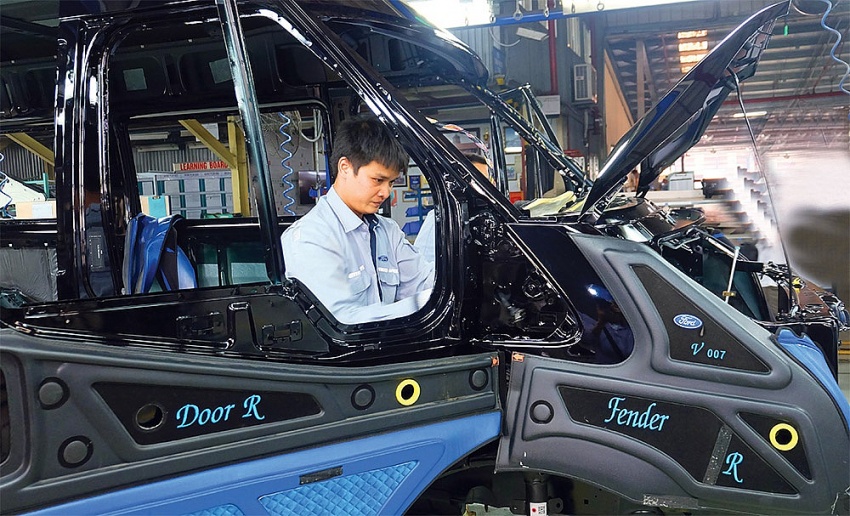 |
| Market scale is struggling to grow at a decent pace because of income levels, taxes, and other issues, photo Le Toan |
Other car manufacturers also reported decreasing on-year sales in the first four months of 2024. Toyota reduced by 32 per cent, Hyundai by 25 per cent, Kia by 22 per cent, Lexus by 14 per cent, and Mazda by 13 per cent.
“There are many burdens in the economy and business activities, consumers are still cutting down on spending, so the car business is not thriving,” said Tran Trung Hieu, a showroom owner in Nam Tu Liem district in Hanoi. “Demand for new cars is poor, while that of used cars is better.”
According to the General Statistics Office, sales of CKD and CBU cars in the first four months of 2024 are estimated at 88,300 and units, respectively.
Thus, the total supply of new cars in the market was estimated at more than 133,000 units, in combination with about 65,000 vehicles in inventory from 2023, so the total supply this year is nearly 200,000 units. Meanwhile, businesses estimate total market consumption in the first four months at nearly 130,000 units of all types. Supply is nearly 70,000 units higher than demand.
Due to excess supply and a lot of inventory, businesses and agents are announcing promotions and reduced prices to clear sales. Numerous car models from luxury to affordable cars have been discounted by thousands or tens of thousands of US dollars. However, sales are still not improving much, and the vehicle market is still in the recession.
Moreover, sales of CKD cars in the first four months were 21,000 units lower than in the same period last year, and 62,700 units less than in the first four months of 2022.
“This also means that domestic car manufacture and assembly is still falling sharply. The auto industry is losing development motivation,” said Ninh Huu Chan, VAMA general secretary.
Economic difficulties, along with strong competition from imported CBU cars, have caused the backward growth for CKD cars. It is unlikely that the output of CKD cars will surpass the figure of 350,000 units in 2023.
“For the auto industry, maintaining capacity and growing steadily can be impetus for development. As manufacture growth regresses, the driving force for development is no longer there,” Chan said.
Amid this gloomy market, the prime minister recently assigned the Ministry of Finance to consider and propose extending the tax payment deadline and reducing registration fees for CKD cars.
If approved, these cars will be able to continue receiving a 50 per cent registration fee support in the second half of this year. On three occasions during 2020-2023, CKD cars enjoyed 50 per cent registration fee policy that lasted six months each.
The auto market is expected to become more open. Currently, the import tax on CBU cars from the ASEAN region to Vietnam has been reduced to zero. The import tax on CBU cars from the European Union, the United Kingdom, and Japan will also do so by 2030, and thus domestic manufacture and assembly is gradually losing its advantage.
“Domestically manufactured and assembled vehicles have too few chances to grow in the coming years,” Chan said. “If output is maintained at low levels, the country’s auto industry cannot overcome its disadvantages or utilise its advantages.”
While people’s income is not high, cars with fewer than 10 seats take on many taxes and fees, including import tax, special consumption tax, VAT, and more, so market scale is struggling to grow quickly, Chan added.
“To develop the industry, the most important factor is large output. So stable and long-term support solutions are needed to create competitiveness for domestically manufactured cars,” Chan said.
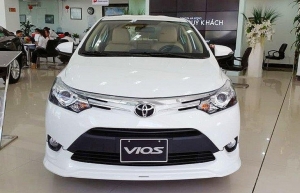 | Car market slumps due to COVID-19 The consumption of cars of less than nine seats decreased by 30 per cent while bus consumption fell by 47 per cent compared to the first two months of 2019. |
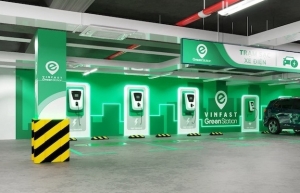 | Vietnam’s electric car market expected to blossom in 2022 The debut of new electric car models of various automakers heralds a prosperous year for Vietnam's electric vehicle market. |
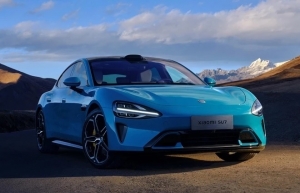 | China's Xiaomi enters car market with new electric vehicle Chinese consumer tech giant Xiaomi launched its first electric vehicle in Beijing on Thursday, injecting itself into a fiercely competitive sector in the world's largest car market. |
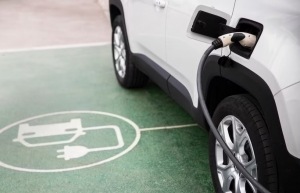 | Global car giants seek tech allies in China's cutthroat EV market Struggling foreign automakers in China are looking for help from local tech giants to try to stay competitive in the world's biggest electric car market, where shiny smart screens, assisted driving and sophisticated map technology are in high demand. |
What the stars mean:
★ Poor ★ ★ Promising ★★★ Good ★★★★ Very good ★★★★★ Exceptional
Related Contents
Latest News
More News
- Vietnam, New Zealand seek level-up in ties (February 19, 2026 | 18:06)
- Untapped potential in relations with Indonesia (February 19, 2026 | 17:56)
- German strengths match Vietnamese aspirations (February 19, 2026 | 17:40)
- Kim Long Motor and AOJ Suzhou enter strategic partnership (February 16, 2026 | 13:27)
- Haiphong welcomes long-term Euro investment (February 16, 2026 | 11:31)
- VIFC in Ho Chi Minh City officially launches (February 12, 2026 | 09:00)
- Norfund invests $4 million in Vietnam plastics recycling (February 11, 2026 | 11:51)
- Marico buys 75 per cent of Vietnam skincare startup Skinetiq (February 10, 2026 | 14:44)
- SCIC general director meets with Oman Investment Authority (February 10, 2026 | 14:14)
- G42 and Vietnamese consortium to build national AI infrastructure (February 09, 2026 | 17:32)

 Tag:
Tag:
















 Mobile Version
Mobile Version